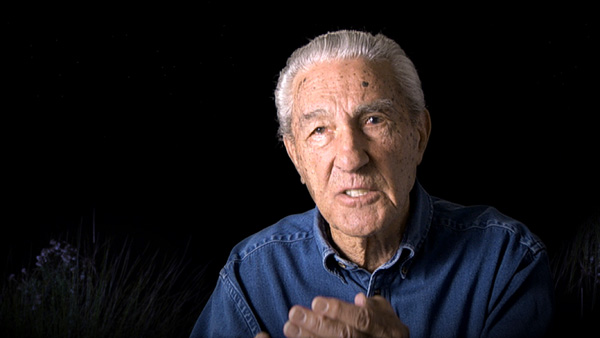|

Reviews of Recent Independent, Foreign, & Documentary Films
in Theaters and DVD/Home Video

EARTH DAYS
Written, Produced & Directed by Robert Stone
Released by
Zeitgeist Films
USA. 100 min. Not
Rated
Al Gore’s An Inconvenient Truth may have publicized the threat of
global warming, but the first real discussion of the phenomenon dates
back to the 1960s. Forty years ago, the idea that we’re polluting the
earth was a radical suggestion. Today, the only people who doubt it are
probably on line to visit the Museum of Intelligent Design.
Earth
Days is the answer to the question of what happened between then and
now. Focusing on the resistant politicians and die-hard activists, it chronicles the environmental movement from its explosive birth
(at least among the young and crunchy) with the 1962 publication of
Rachel Carson’s Silent Spring to the cornerstone status it enjoys
today. The
documentary takes a dignified and minimalist approach to relaying the
facts: nine major players (an advocate, an astronaut, a scientist, an
author, a politician, and so on) speak candidly into the camera. Spliced
between the interviews are reel after reel of unearthed archival footage
and sweeping nature shots—simply conceived but powerfully executed.
Because today environmentalism is not as much a pet cause as a liberal
tenet, rehashing the movement’s founding precepts seems a bit tedious at
first. Duh, pollution is bad, and trees are worth saving. But as the nine
men and women delve deeper into their testimonials, a slew of surprises
and did-you-knows reclaim our attention.
Denis Hayes recalls how the original Earth Day, which he dreamed up in
1970, went from inspired idea to the nation’s largest ever cross-country
demonstration after a short blitz of lobbying and successful press
campaigns. Dennis Meadows, the author of Limits to Growth (1972),
still stands behind his apocalyptic prediction that the population boom
will choke our resources to the point of collapse sometime in the middle
of this century. Astronaut Rusty Schweickart slips slightly off topic as
he reminisces about being the first man to float untethered in space
with the whole Earth before him—an image that puts the environmental
movement in spellbinding perspective.
While these pioneers captured the hearts of the 1960s counterculture (and
mostly grew out of it), political attention was often harder to
negotiate. Hayes recounts his involvement in installing a solar-powered
water heater on the White House roof during Jimmy Carter’s presidency,
and then its removal by Ronald Reagan—a symbolic step back for
environmentalism and, according to Hayes, a spiteful and arrogant
gesture from a president who fought tooth and nail against conservation.
Compared to the blinding ignorance of the materialistic 1950s, our
attitude toward nature has moved eons ahead in a short time. But with
all the facts science, observation, and common sense make available,
these nine convincingly believe we still have a perilously long road to
travel. Yana
Litovsky
August 14, 2009
Home
About
Film-Forward.com Archive of Previous
Reviews
Contact
us
|


